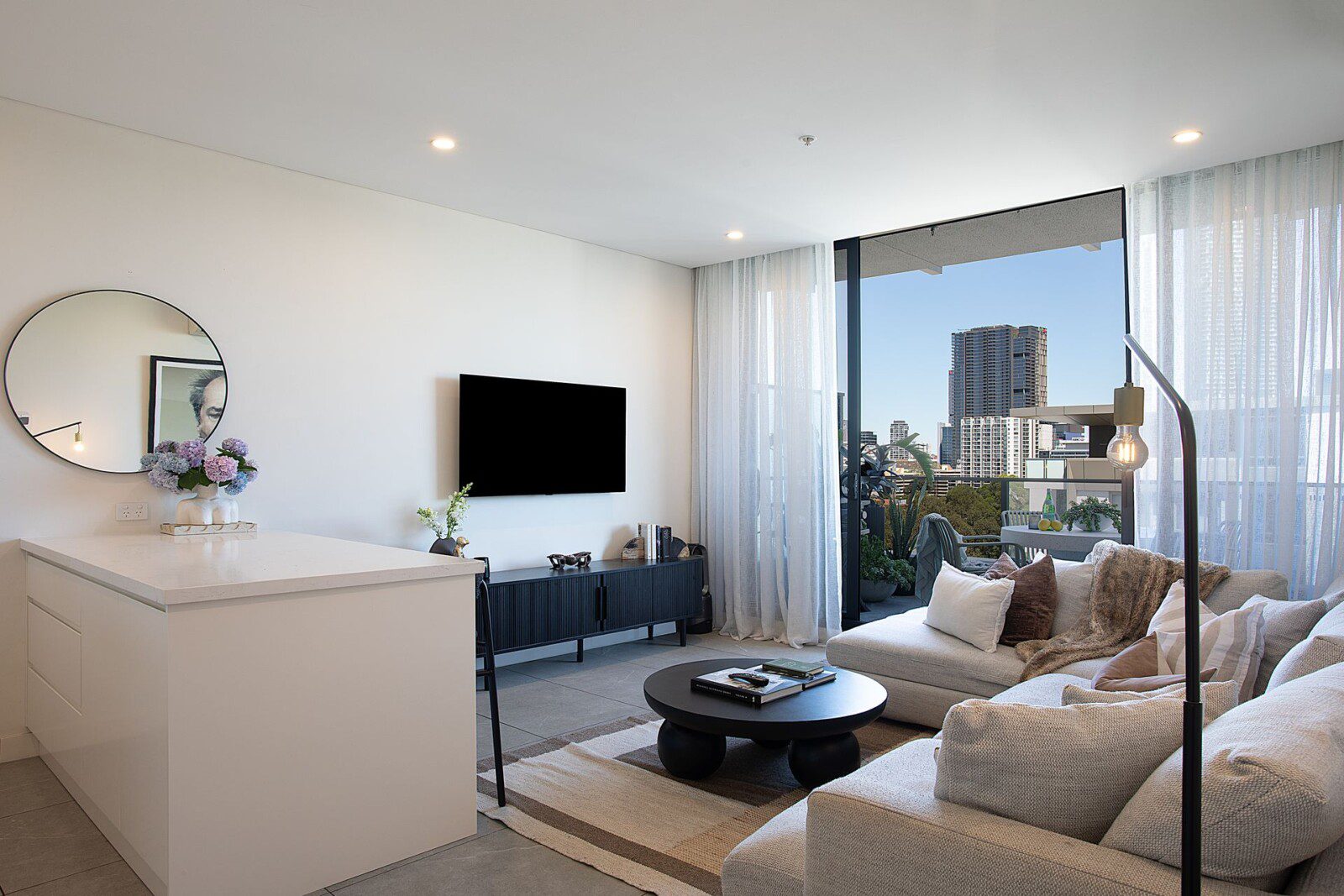Managing a rental from a different state or country often comes with uncertainty. But with the proper setup, remote property management doesn’t have to be stressful. As more Australians invest in homes outside their local area, digital tools and reliable local support are helping to streamline ownership and management.
This guide outlines nine practical tips to help you manage a holiday rental property remotely.
What is a remote rental property?
A remote rental property is one you own but do not live near, possibly in another state, suburb or country. This is increasingly common among investors who travel frequently or live elsewhere. Some homes leased for short, medium, or extended stays fall under this category.
Whichever leasing model or platform you choose, effective systems are key. You’ll need a reliable way to handle rent collection, maintenance, and tenant or guest communication. That usually means combining digital tools with a trusted property manager. This section serves as a quick absentee landlord guide to help you manage from afar.
Looking to maximise your property’s potential? Learn how to turn your property into a profitable holiday let.
9 tips to manage your holiday rental property remotely effectively
Managing a rental from afar can quickly get complicated. These quick-start tips simplify daily tasks and keep you in control:
- Use cloud-based software for real-time updates on bookings, payments, and issues.
- Maintain fast communication to reassure tenants you’re available.
- Set up an emergency plan with local contacts.
- Install smart devices for alerts on movement, leaks, or temperature.
- Consider local help to handle what you can’t.
With these essentials in place, you’ll be ready to apply the long-term strategies below for scaling across multiple properties.
1. Use reliable property management software
The right software platform makes monitoring income and tracking communication in one place easier. Look for virtual property management solutions such as PropertyMe, Cubbi, or Console Cloud. These offer mobile access, digital inspections, and maintenance logs. Many also support property automation, letting you set alerts or assign tasks remotely – ideal for owners who need constant oversight without being on-site.
Gain more insights by checking out our guide to tips, tools, and best practices to manage multiple short-term rental properties.
2. Understand your legal obligations
Laws around rental properties vary by location, so what applies in New South Wales may differ in Victoria or Queensland. You’ll need to stay updated with key requirements such as bond lodgement, minimum notice periods, and mandatory safety checks. Since regulations vary across short- and long-term rentals, ensure your remote real estate management aligns accordingly. Make sure that every part of your remote real estate management aligns with regional legislation. Check your state’s tenancy site regularly to avoid costly compliance mistakes. This is especially crucial if you don’t have the benefit of being nearby to resolve issues in person or represent yourself during disputes.
If your property locates in NSW and VIC regions, you might want to stay updated to 2025 short-term rental law changes in both states.
3. Build strong communication with tenants
When managing a property remotely, use dedicated platforms to centralise communication. A solid tenant communication strategy includes timely responses, digital updates, and clear instructions for reporting issues. This is one of the most valuable advice for long-distance property owners. Note that tenants who feel heard tend to report problems early and care for the property more consistently.
4. Invest in smart home technology
Remote-access locks, motion-triggered cameras, and smart thermostats for rental properties are all valuable tools. These smart home devices enhance security and comfort for guests, while giving you control from afar. Just ensure they comply with Australian privacy standards. Tools that support remote security allow you to monitor access and even potential hazards in real time.
5. Plan for emergency maintenance
Unexpected repairs, especially when a tenant is already in place or one is about to move in, are a reality of property ownership. To minimise such instances, set a spending limit for urgent work and provide a list of approved tradespeople to your property manager. This helps protect your asset without waiting for your decision each time. Having a clear plan ensures fast resolution during plumbing, electrical, or weather-related issues.
Gain more tips by checking our practical guide for holiday rental maintenance problems.
6. Conduct regular inspections (even remotely)
Scheduled inspections are essential for protecting your property’s long-term value. Ask your manager to send detailed photo reports and videos each quarter or as the lease requires. These updates act as a form of remote property monitoring tools, allowing you to spot issues early. You can also use these updates to verify compliance with guest expectations, especially for furnished short-term stays.
7. Hire trusted local trades and services
A reliable local network makes remote management easier. You can source professionals directly or work through your manager. Either way, tradespeople who understand the property respond quickly during emergencies. The goal is to have trusted contacts who can save you time and reduce delays. Local support also helps with seasonal needs, such as pest control or air conditioner checks. These are often easy to miss when no one’s on-site to monitor them.
8. Consider outsourcing key tasks
Figuring out how to manage a holiday rental remotely comes down to knowing key tasks and how to tackle them efficiently. For property managers who are away, it’s best to outsource duties such as bookings and guest communication. Use online booking platforms to streamline calendar syncing and guest access. This approach helps prevent errors and avoids burnout.
9. Hire a full-service holiday rental management
Handling every task yourself can become overwhelming, especially when dealing with multiple guests, repairs, or compliance concerns. A full-service manager removes that burden entirely.
At L’Abode Accommodation, we handle everything from coordinating professional cleaning and maintenance to guest support and pricing strategy. We also process weekly owner payments, ensure direct access to booking calendars, and assign a dedicated manager who tracks demand in your suburb.
With the right support, you can manage holiday rental property remotely while protecting your time and growing your income. List your property with L’Abode Accommodation or view our services to see how you can simplify management and scale confidently.



